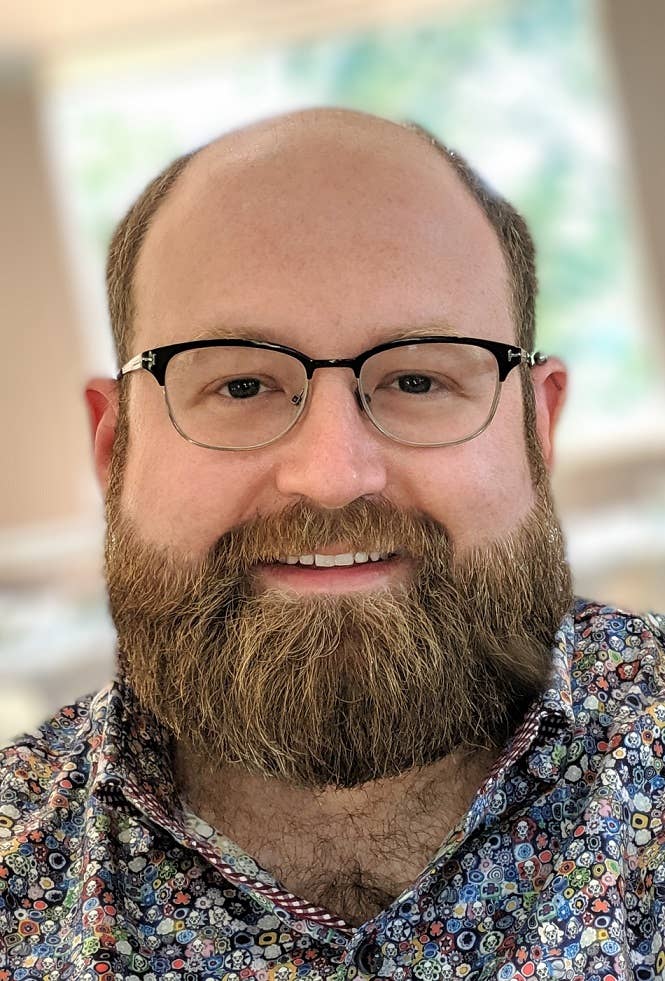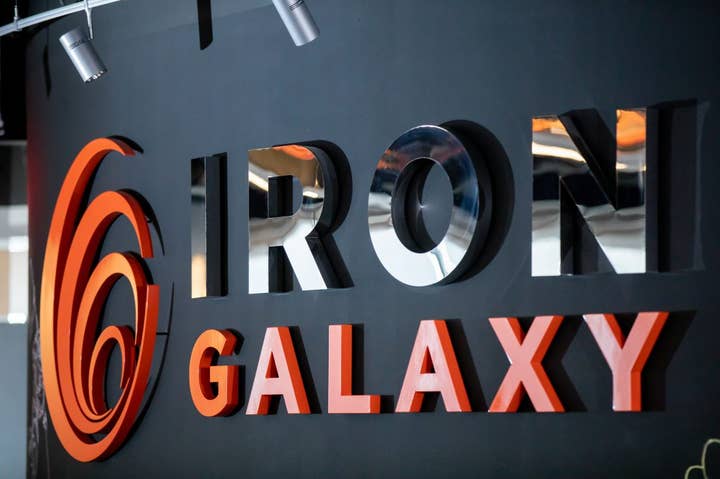Diversity & Inclusion in a Galaxy not so far away
Iron Galaxy's Dan Coleman talks about the benefits and needed improvement on the studio's D&I Committee
Iron Galaxy head of product development Dan Coleman has been in the games industry for nearly two decades. As a gay man, he's seen firsthand how the industry has become a more inclusive space over time.
"19 years ago, I felt like it was a different world for LGBTQ+ individuals," Coleman tells GamesIndustry.biz. "I really didn't feel included. But eight years later, when I came to Iron Galaxy, I felt like it was a place I could be open and be myself."
When Coleman started with Iron Galaxy, it had a total of four employees. Now it's closing in on 200.
"As we grew, we really had to work hard to keep this cornerstone culture and see it reflected through where we are today," he says. "It's just night and day. Reflecting on the time and where we are now, I would remind people who are in tough situation that -- and I know it's an overused statement -- that it does get better. I feel that now. It's gotten better for me, and it just took time, and a lot of work."

However, "better" is not "best," and there's room to improve yet. That's why Iron Galaxy established an internal Diversity & Inclusion Committee a few years ago, a move he largely attributes to the company's co-CEO Chelsea Blasko.
"We were hearing voices in the company that we needed to be more accountable," Coleman says of the decision to start up the initiative.
He joined the D&I group because, he says, "as a gay man, [I] was able to bring a voice to the committee that I felt was missing."
So what can Coleman do on the committee that he, as a very senior employee from the earliest days of the company, otherwise could not?
"I can do a lot, but I'm not the only leader in the company," Coleman says. "The committee brings their voice to many leaders in the company. For me, personally, [it helps] being involved in hiring and some of the things we're able to do in hiring about reducing bias, standardizing questions across different candidates, not just winging it, not just having very subjective assessments... We can really impact change in bringing in voices without those voices just being the same as what we already have here."
The D&I Committee also regularly reviews Iron Galaxy's creative work, looking over concept art or playtesting games. Coleman said it's proven helpful when the studio has used altered versions of its logo in the name of representation, and in custom character options in games.
"We were hearing voices in the company that we needed to be more accountable"
"We had examples of choices around skin tone or body shape or gender that we put in front of the D&I Committee and they were able to collate the voices and provide feedback," Coleman says.
That particular cause was one near and dear to Coleman, whose partner had convinced him of its importance.
"I had known about drag culture, but he was a member of the community and introduced me to that culture, and basically the freedom of expression and desire to express yourself in an edgy way, to overexpress if you can," Coleman says.
"And ever since that introduction, I've been looking to do that more for myself in games that I play. Having that agency is so important. Being able to put makeup on or different hairstyles, being able to express myself in my body type and my clothing, it makes me feel like I could be who I want to present as in the game I'm playing. I could be myself, however that would be."
We ask if Iron Galaxy has seen any pushback to the moves that have been shaped by the D&I Committee's input.
"We thought it would work well if we had the committee and elected within it a leader. Unfortunately, that's not as empowering as what we need"
"No, we haven't," Coleman says, "which to be frank is a little surprising, because you see it elsewhere. But we haven't, and I think it's a testament to our culture of inclusivity."
Coleman is clearly proud of what the D&I Committee has done so far, but he also acknowledges it hasn't been perfect.
"Early on, we thought it would work well if we had the committee and elected within it a leader. Unfortunately, that's not as empowering as what we need."
While the members were given dedicated time away from their other responsibilities to fulfill their D&I duties, Coleman acknowledges that it needs someone for whom the committee isn't an obligation on top of their existing duties.
"We need a program lead, and that's what we're hiring for now," Coleman says. "That enables the committee to have the strong voice with the other leaders in the company."
Having a voice with leaders in the company is important, but leaders also need to be receptive to it.
"Even in my own case, that's what the committee brings to me," Coleman says. "It holds me to account and educates me when I need to be. What you're talking about is ensuring we bring a culture of open-ness and training to everybody in the organization, especially those above in higher positions, in order to ensure the message is heard and not ignored."

